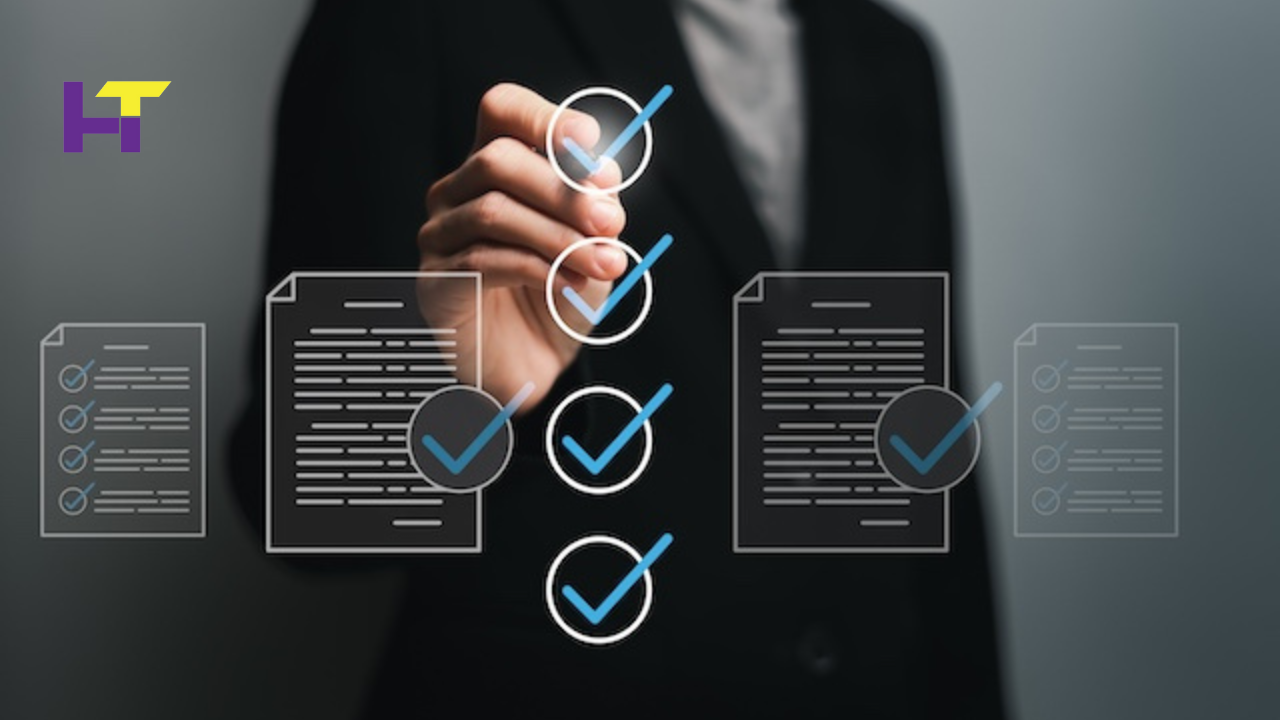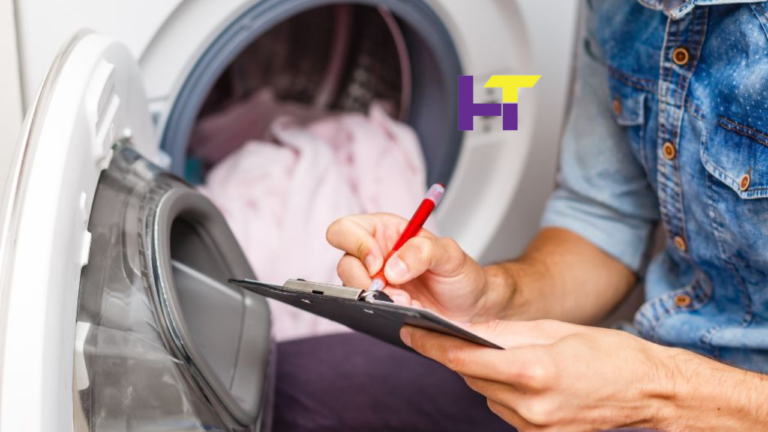Unlocking the Benefits of Calibration Reviews: A Comprehensive Guide

Introduction to Calibration Reviews
Calibration reviews are critical to quality control and assurance in various industries. These reviews involve assessing the accuracy and reliability of measurement instruments and equipment to meet specified standards and requirements. This comprehensive guide will delve into the importance of calibration reviews, their process, and the benefits they offer.
Understanding Calibration Reviews
A calibration review thoroughly evaluates measurement instruments and equipment to verify their accuracy and reliability. It typically includes comparing the device’s measurements to known standards and identifying deviations that may indicate the need for recalibration or adjustments. Calibration reviews are essential for maintaining quality control, meeting regulatory requirements, and ensuring the validity of measurement data.
The Process of Calibration Reviews
The process of conducting a calibration review typically involves the following steps:
- Identification of Instruments: The first step is to identify the instruments and equipment that require calibration review based on their usage, criticality, and regulatory requirements.
- Documentation Review: Review the documentation related to the instruments, including calibration certificates, maintenance records, and usage logs, to assess their history and performance.
- Measurement Comparison: Performing measurements with the instruments and comparing the results to known standards or reference instruments to evaluate accuracy and consistency.
- Analysis of Deviations: Analyzing any deviations or discrepancies identified during the measurement comparison to determine their significance and potential impact on measurement accuracy.
- Recalibration or Adjustments: Based on the analysis, deciding whether recalibration or adjustments are necessary to bring the instruments into compliance with specified standards and requirements.
- Documentation and Reporting: Documenting the findings of the calibration review and providing a detailed report summarizing the results, recommendations, and any actions taken.
Benefits of Calibration Reviews
Calibration reviews offer several benefits for organizations and industries:
1. Quality Assurance
By verifying the accuracy and reliability of measurement instruments and equipment, calibration reviews ensure the consistency and validity of measurement data, leading to improved product quality and process efficiency.
2. Regulatory Compliance
Many industries are subject to regulatory requirements that mandate regular calibration and verification of measurement devices. Calibration reviews help organizations meet these requirements and demonstrate compliance with industry standards and regulations.
3. Cost Savings
Calibration reviews help prevent costly errors, defects, and product recalls by identifying and correcting measurement instrument and equipment inaccuracies before they impact product quality or safety. This can result in significant cost savings for organizations.
Industries That Benefit from Calibration Reviews
Calibration reviews are essential in various industries, including:
1. Healthcare
In the healthcare industry, calibration reviews ensure the accuracy and reliability of medical devices and equipment used in patient care, diagnosis, and treatment, such as blood pressure monitors, thermometers, and imaging systems.
2. Manufacturing
In the manufacturing industry, calibration reviews are critical for maintaining the accuracy of production equipment, measuring instruments, and testing devices used in quality control and process monitoring.
3. Aerospace and Defense
In the aerospace and defense industries, calibration reviews are necessary to ensure the accuracy of aircraft instruments, navigation systems, and weapons guidance systems, which are crucial for safety and mission success.
4. Environmental Monitoring
In environmental monitoring and research, calibration reviews are essential for maintaining the accuracy of sensors, analyzers, and data loggers used to measure air quality, water quality, and other environmental parameters.
Conclusion
Calibration reviews are vital in ensuring the accuracy, reliability, and compliance of measurement instruments and equipment across various industries. By conducting regular calibration reviews, organizations can maintain quality assurance, meet regulatory requirements, and enhance the integrity of measurement data.






